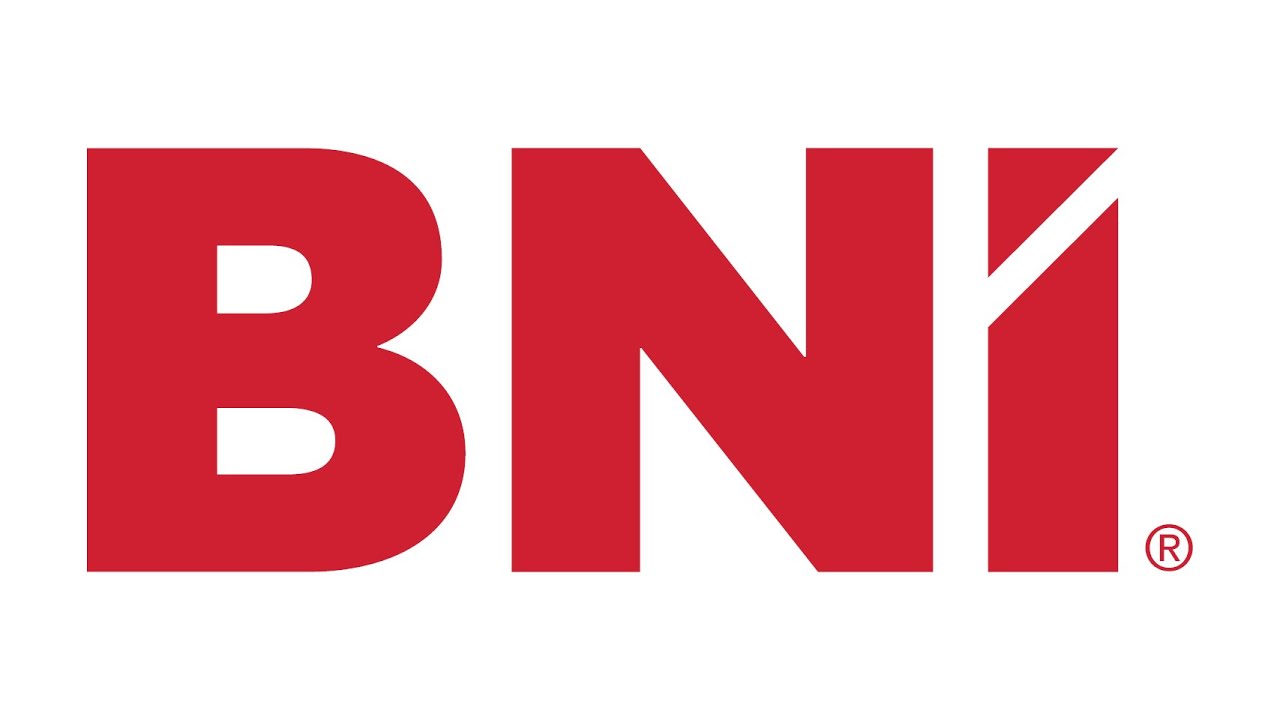When you are on Internet and looking for something there are moments when your search results brings something that is not clearly understandable. IT support is one of the areas when that happens too often. That’s why we decided to create this FAQ to better explain some terms and words and give you much more detailed explanation of what we do.
As always, if you have any questions please use the form on the Contact page and send us your questions regarding IT issues or problems you may experience.
Valued Technology Services Frequently Asked Questions
What are Managed Services?
Small businesses need technology to operate efficiently and to compete effectively. But as reliance on IT grows, the resources needed to support this increasingly complex IT environment may not. In many small businesses, IT resources are limited and can be quickly overwhelmed.
As a definition, Managed Services allows a business to offload IT operations to a service provider, known as a Managed Services Provider. The managed service provider assumes an ongoing responsibility for 24-hour monitoring, managing and/or problem resolution for the IT systems within a business.
The Managed Services software that is in place today allows providers to work towards two major goals:
- Everything on your network that will result in a user symptom or risk will send an alert before or when it happens, and the Managed Service Provider will know about it.
- Every alert they get is something important and needs to be addressed.
What is Remote IT Service?
Remote IT service is a system that allows a person to connect with and use a specific computer or network from a remote location. That way, your IT consultants won’t have to make you wait until they can physically come out to the office when you experience a problem. They can address your concern remotely using remote access software.
Using these tools, computer support technicians can:
- Access a specific desktop, laptop, or server
- Manage files on the computer or server
- Update server software
- Run diagnostic and maintenance programs
- Train end users on new software and protocols
This list covers only a few of the many ways remote IT services can benefit your business. Thousands of businesses, worldwide, use and rely on remote access software and services as a primary part of their IT structure. From small family-owned operations to huge multinational corporations to educational institutions, remote access software has become integral to daily IT functioning.
What is Network Security Service?
Network security is any activity designed to protect the usability and integrity of your network and data. It includes both hardware and software technologies. Effective network security manages access to the network. It targets a variety of threats and stops them from entering or spreading on your network.
Network security also refers to the set of measures taken to protect a network from various security threats. These set of measures usually involve several policies and practices which aim at preventing unauthorized access to the network. By doing so, they prevent any misuse of the network's resources.
What is Business Continuity and Data Backup Services?
In general, Business Continuity is the ability of an organization to maintain essential functions during, as well as after, a disaster has occurred.
In IT, business continuity with data backup and disaster recovery is the method businesses should have to prevent loss of productivity due to service outages, hardware failure, and cyberattack. It requires regular backing up of data and computer systems with the ability to restore data and systems as quickly as possible with no or minimal loss of data.
What is malware?
"Malware," short for "malicious software," includes viruses, worms, Trojans, ransomware, and spyware. Sometimes malware will infect a network but lie dormant for days or even weeks. The best antimalware programs not only scan for malware upon entry, but also continuously track files afterward to find anomalies, remove malware, and fix damage.
What is Firewall?
Firewalls put up a barrier between your trusted internal network and untrusted outside networks, such as the Internet. They use a set of defined rules to allow or block traffic. A firewall can be hardware, software, or both. DTS offers unified threat management (UTM) devices and threat-focused next-generation firewalls.
What is Email Security?
Email gateways are the number one threat vector for a security breach. Attackers use personal information and social engineering tactics to build sophisticated phishing campaigns to deceive recipients and send them to sites serving up malware. An email security application blocks incoming attacks and controls outbound messages to prevent the loss of sensitive data.
What is VPN?
A virtual private network encrypts the connection from an endpoint to a network, often over the Internet. Typically, a remote-access VPN uses IPsec or Secure Sockets Layer to authenticate the communication between device and network.
What is Wireless Network Security?
Wireless networks are not as secure as wired ones. Without stringent security measures, installing a wireless LAN can be like putting Ethernet ports everywhere, including the parking lot. To prevent an exploit from taking hold, you need products specifically designed to protect a wireless network.
What is VoIP?
VOIP is an acronym for Voice Over Internet Protocol, or in more common terms phone service over the Internet. If you have a reasonable quality Internet connection you can get phone service delivered through your Internet connection instead of from your local phone company.
Some people use VOIP in addition to their traditional phone service, since VOIP service providers usually offer lower rates than traditional phone companies, but sometimes doesn’t offer 911 service, phone directory listings, 411 service, or other common phone services. While many VoIP providers offer these services, consistent industry-wide means of offering these are still developing.
What is Digital Marketing?
At a high level, digital marketing refers to advertising delivered through digital channels such as search engines, websites, social media, email, and mobile apps. While this term covers a wide range of marketing activities, all of which are not universally agreed upon, we’ll focus on the most common types below.
It includes following activities as well and it’s not all:
SEO
Simply put, search engine optimization (SEO) is the process of optimizing the content, technical set-up, and reach of your website so that your pages appear at the top of a search engine result for a specific set of keyword terms. Ultimately, the goal is to attract visitors to your website when they search for products, services, or information related to your business.
SEO can almost be viewed as a set of best practices for good digital marketing. It enforces the need for a well-constructed and easy-to-use website, valuable and engaging content, and the credibility for other websites and individuals to recommend you by linking to your site or mentioning it in social media posts.
Paid Search
Paid search, or pay-per-click (PPC) advertising, typically refers to the “sponsored result” on the top or side of a search engine results page (SERP). You only pay when your ad is clicked. You can tailor your PPC ads to appear when specific search terms are entered, creating ads that are targeted to a particular audience.
Content Marketing
Have you heard the expression, “Content is king?” If not, you have now. Great content is the fuel that drives your digital marketing activities:
- It is a key pillar of modern SEO
- It helps you get noticed on social media
- It gives you something of value to offer customers in emails and paid search ads
Creating clever content that is not promotional in nature, but instead educates and inspires, is tough but well worth the effort. Offering content that is relevant to your audience helps them see you as a valuable source of information. On top of that, resourceful content makes it less likely that they will tune you out.
Email Marketing
Email has been around for more than two decades, and it’s not going anywhere anytime soon. It’s still the quickest and most direct way to reach customers with critical information. The reason is simple: Consumers are very attached to their emails. Just ask yourself how many times you have checked your email in the past hour...So, you know what we are talking about, right?




